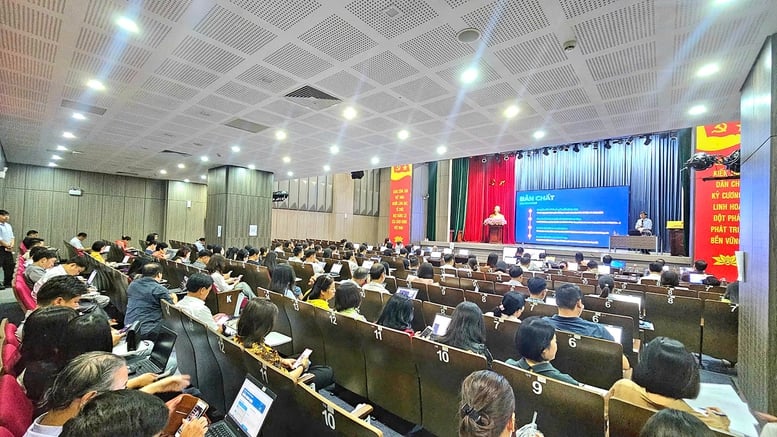
Training course on awareness of science , technology, innovation and digital transformation for all cadres, civil servants and public employees of the Ministry of Education and Training
Directing decisively and implementing according to the "6 clear" principle
According to the Ministry of Ethnic Minorities and Religions , immediately after the issuance of Plan No. 02-KH/BCĐ of the Central Steering Committee, the Party Committee of the Ministry of Ethnic Minorities and Religions (DTTG) promptly issued Plan No. 04-KH/DU dated July 24, 2025 for implementation. The plan not only closely follows the general direction but also specifies tasks for each department and unit according to the "6 clear" principle: Clear people, clear work, clear time, clear responsibility, clear products and clear authority.
Report No. 2393/BC-BDTTG dated October 22, 2025 shows that the Ministry of Ethnic Minorities and Minorities has issued 20 directive documents, notably important decisions such as: establishing a Task Implementation Team (Decision No. 578/QD-BDTTG); detailed implementation plan (Decision No. 427/QD-BDTTG); data connection standards (Decision No. 636/QD-BDTTG) and a plan to build a shared digital platform in the field of ethnic and religious affairs (Decision No. 666/QD-BDTTG). At the same time, the Ministry is also implementing a 5-layer model in accordance with the requirements of Resolution No. 71/NQ-CP and 214/NQ-CP on the development of digital government and digital economy .
From decentralization to building interconnected systems
Regarding the construction of a comprehensive database , the foundation for digital transformation, the Ministry of Information and Communications has issued Decision No. 427/QD-BDTTG to implement the data creation plan, with the goal of ensuring a shared platform from the central to local levels. Within the framework of Resolution No. 71/NQ-CP, the Ministry is assigned to build 5 specialized databases, including 2 key databases: the database on religion (expected to be completed before October 30, 2025) and the database on ethnicity (completed in September 2026).
However, currently, data is still scattered, not fully digitized, not updated regularly, of low quality and lacking in synchronization, not meeting the criteria of "correct - sufficient - clean - alive - unified - shared". To overcome this, the Ministry has issued Decision No. 636/QD-BDTTG to standardize input data, regulations on data management and a mechanism for sharing data within the Ministry's management scope.
Regarding capacity building of the team in the digital transformation effort, the Ministry of Information and Communications has organized 2 training courses on digital transformation knowledge for all cadres, civil servants, public employees and workers. The course was organized in a combination of direct, online and self-study via the LMS system with a total of 1,180 students, of which 95% have fully completed and received certificates.
In addition, the Ministry also sent officials to participate in central-level training conferences on the application of artificial intelligence in state management, and at the same time reviewed the information technology team to have appropriate training and development plans.
Regarding information security and system security , the Ministry of Information and Communications has deployed a system to protect and monitor information security, develop backup plans and incident response scenarios to ensure uninterrupted operations and avoid data loss. Coordinate with units such as VNPT and the Central Post Office to ensure transmission lines and maintain safe connections for specific tasks of the Party and Government.
Regarding financial resources to effectively implement digital transformation tasks, the Ministry of Information and Communications has registered a total budget of VND 412,383 billion for 5 projects; including VND 46 billion in public investment capital and VND 366,383 billion in regular funding. This clearly demonstrates the Ministry's commitment to mobilizing resources to implement digital transformation not only on paper but also in practice.
In addition to the achievements, there are still many difficulties hindering the digital transformation process. There is a lack of IT staff in departments and units. Technology infrastructure is outdated and not regularly maintained (electricity, air conditioning, fire protection systems). Data is not fully digitized, of low quality and lacks synchronization between levels.
To overcome this, the Ministry of Information and Communications continues to increase in-depth investment in infrastructure, promote data digitization associated with technical standards, and at the same time build a systematic and long-term human resource training roadmap.
Son Hao
Source: https://baochinhphu.vn/bo-dan-toc-va-ton-giao-tung-buoc-hien-thuc-hoa-muc-tieu-so-hoa-toan-dien-10225102211011169.htm


![[Photo] Prime Minister Pham Minh Chinh chairs meeting on nuclear power plant construction](https://vphoto.vietnam.vn/thumb/1200x675/vietnam/resource/IMAGE/2025/10/22/1761137852450_dsc-9299-jpg.webp)
![[Photo] Da Nang: Shock forces protect people's lives and property from natural disasters](https://vphoto.vietnam.vn/thumb/1200x675/vietnam/resource/IMAGE/2025/10/22/1761145662726_ndo_tr_z7144555003331-7912dd3d47479764c3df11043a705f22-3095-jpg.webp)
![[Photo] Award Ceremony of the Political Contest on Protecting the Party's Ideological Foundation](https://vphoto.vietnam.vn/thumb/1200x675/vietnam/resource/IMAGE/2025/10/22/1761151665557_giaia-jpg.webp)





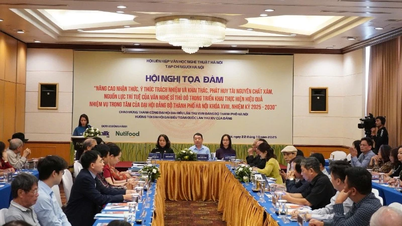




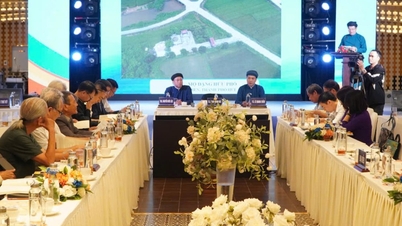






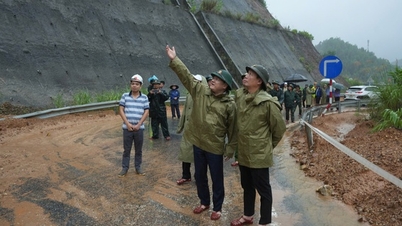
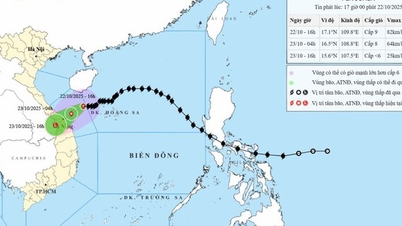


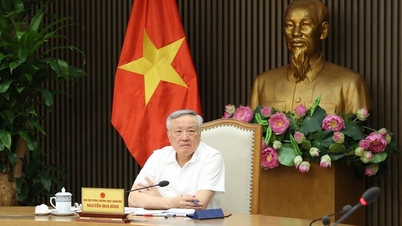







































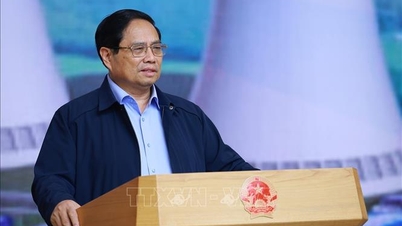




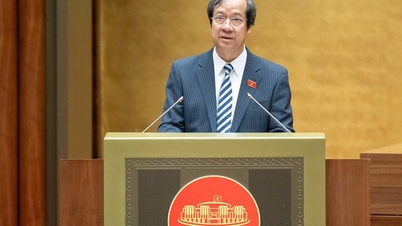


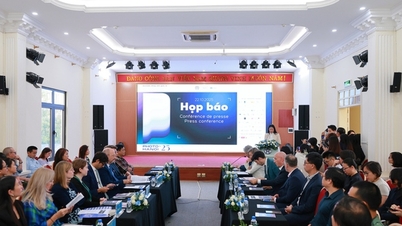

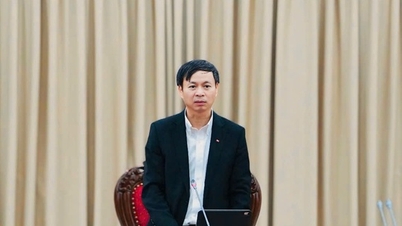




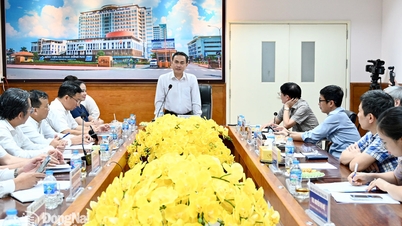




















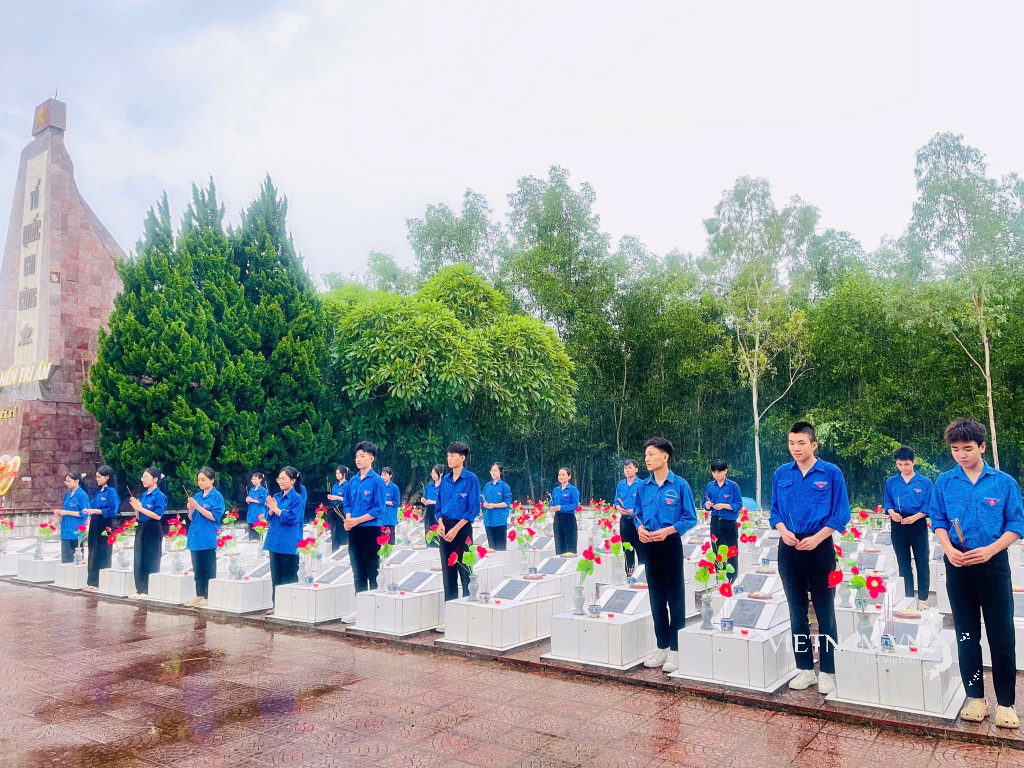
Comment (0)